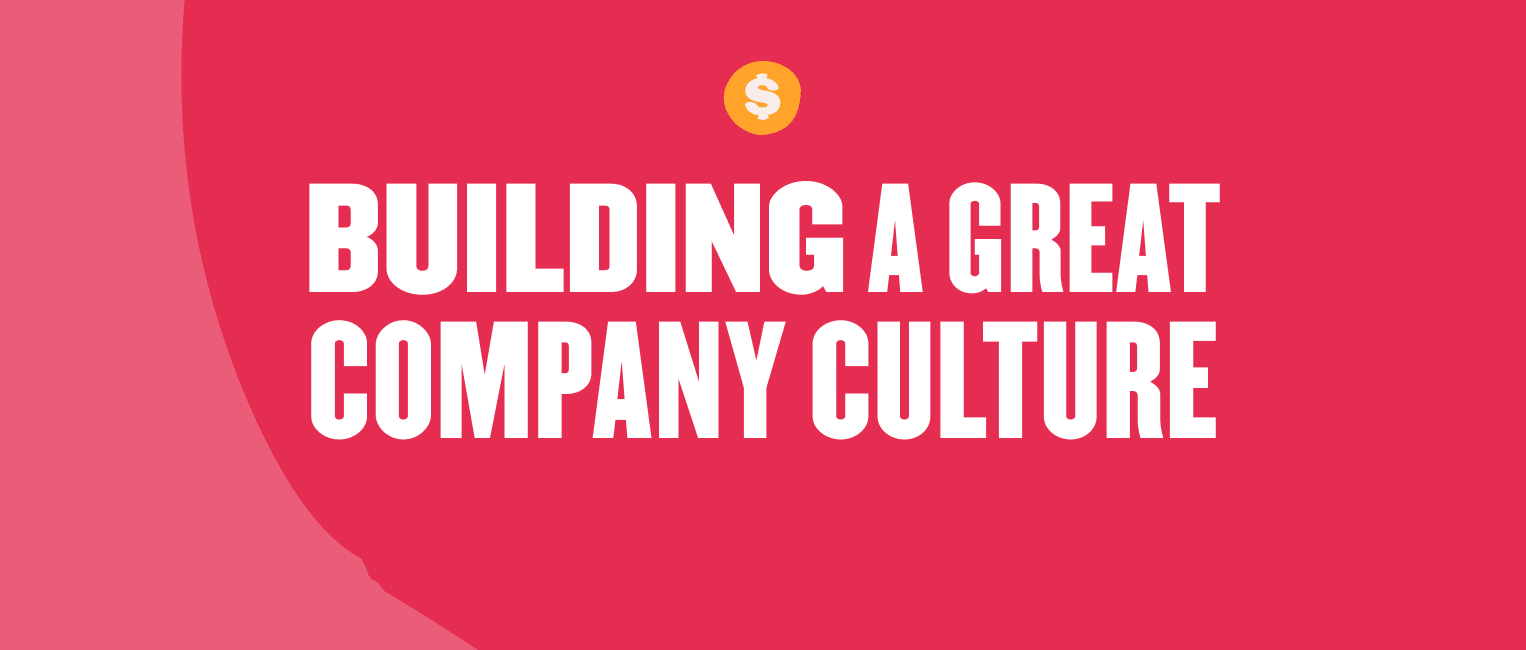Company culture is important enough today to be a major part of the modern HR conversation. But, what does an effective company culture actually look like? In this article, we’ll review a few different types of company cultures and give examples of successful company cultures from the real world to offer you inspiration for your organization.
What is company culture?
Company culture reflects an organization’s values and identity in the company’s practices, customs, and atmosphere. Because every organization has its own unique identity, each has its own unique company culture. Culture significantly impacts organizations’ success, affecting everything from recruitment to retention to productivity and performance.
In short? For your company to succeed, you’ll need a company culture that facilitates success–as you define it.
Types of company culture
There are many company culture types, ranging from highly successful company cultures that motivate and inspire people to less effective company cultures that cause more intimidation and fear than they do authentic employee engagement.
Examples of company culture types include:
Conventional company culture
This type of culture was most popular in previous generations. It emphasized the strict dress codes, guidelines, hierarchies, and policies.
Horizontal company culture
Common in start-ups, horizontal company cultures replace traditional hierarchy with a flat structure. This means that everybody has the right to speak up together with the expectation to pitch in and pull their weight.
Agile company culture
In this culture type, often found in the tech sector, companies expect people to adapt swiftly to change, quickly learn from their mistakes, and make rapid decisions.
Elite company culture
Found in many highly successful companies, elite company cultures seek top talent, focus on innovation and thought leadership, and make an effort to lead their industries.
People-oriented company culture
This type of culture puts people first and focuses on empathy, learning, development, and employee experience as the keys to the organization’s success.
Flexible/remote company culture
More popular now than ever after the COVID-19 pandemic, companies with remote work cultures prioritize flexibility and giving their people the opportunity to work where, when, and how they choose.
Inspiring company culture examples
To help give you a more concrete idea of how these company culture types (and more) play out in real life, here are some inspirational examples of great company cultures.
Tala
A FinTech company focused on providing financial services to underserved populations, Tala’s company culture emphasizes the values of purpose and cultural diversity. Recognizing that diversity is key to innovation, Tala’s team comes from various backgrounds and life experiences, speaks many languages, and maintains equal gender representation.
Zappos
Zappos is an example of a leading organization in their dedication to company culture. In addition to boasting a strong culture, they also make sure new hires are a good cultural fit before anything else, going as far as offering new joiners $2,000 to quit after their first week of training if they decide the job isn’t a good fit.
Squarespace
Long considered one of the best places to work in New York City, Squarespace defines its company culture as flat, open, and creative. And it isn’t just their robust perks and benefits that appeal to people, but the easy access to leaders and the freedom and empowerment they offer to every team member.
Recommended For Further Reading
Company culture and HiBob
Good company culture doesn’t just create itself. If you want your company culture to drive engagement, productivity, and growth, you’ll need to prioritize actively working on it as one of the main functions of your HR team.
The Bob platform offers several features to help with empowerment, engagement, and connection, helping you to maximize the employee experience and create a strong company culture that works to improve retention and buy-in.
These include features like:
- Shoutouts: Shoutouts allow you to announce company events and milestones, send reminders, and spotlight the hard work your team does for clear, open communication and employee recognition
- Kudos: Kudos facilitate acknowledgment to boost employee recognition and appreciation, which have a direct impact on retention
- Clubs: Bob’s clubs serve as a visual guide of co-workers’ shared personal interests. They also help encourage people to connect and build a sense of camaraderie
Build a great company culture
Organizations that prioritize company culture see the return on their investment in dedicated and engaged workforces that are motivated to stay with the company. Knowing what type of company culture you want to build is your starting point.


